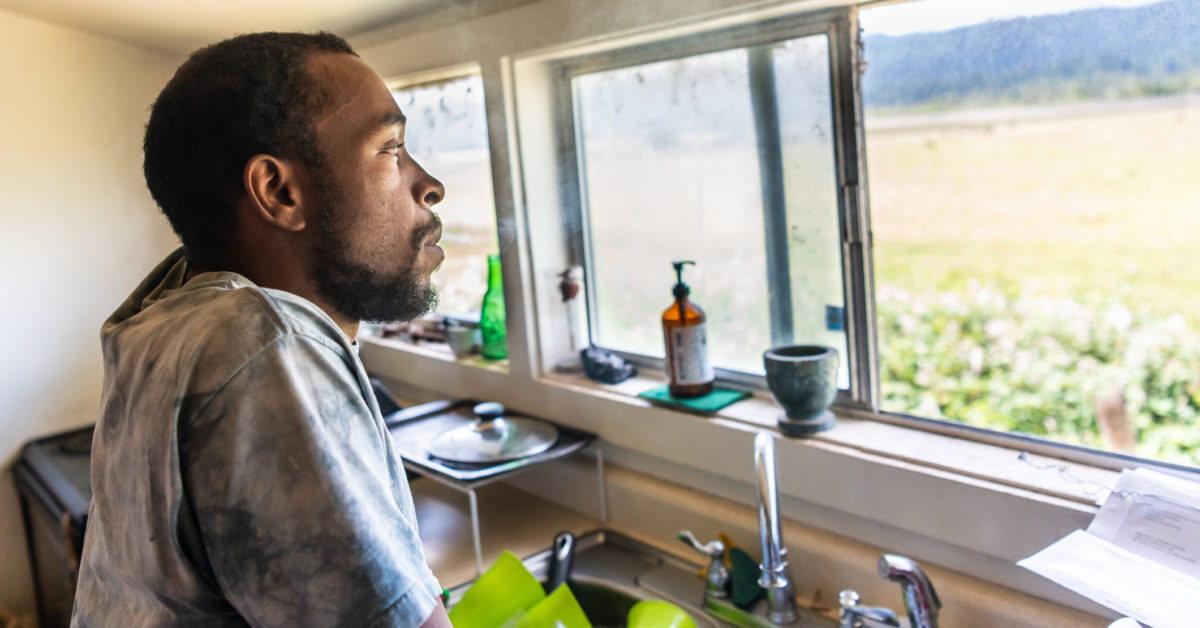As the world faces the uncertainties that accompany a pandemic, researchers urge authorities to respond to the crisis in an “equitable and inclusive” way that does not shut out people belonging to the most vulnerable social categories.

An increasing number of countries are enforcing lockdown measures in response to the new coronavirus pandemic.
These measures mean that authorities are restricting individuals’ freedom of movement, many businesses have had to close doors, and there are much stricter rules around access to health care.
Some researchers — although they agree with the need to enforce strict measures to fight this pandemic — now worry that some of the most vulnerable members of society will become even more isolated and less able to access basic items and services.
Stay informed with live updates on the current COVID-19 outbreak and visit our coronavirus hub for more advice on prevention and treatment.
In an editorial in The BMJ, a team of scholars from the United States — hailing from Johns Hopkins School of Medicine in Baltimore, MD, the University of Massachusetts Lowell, Georgetown University in Washington, DC, and Indiana University in Indianapolis — are expressing their worries, and urging “equitable” measures for all.
The authors of this editorial are Prof. Ross Silverman, associate professor Zackary Berger, assistant professor Nicholas Evans, and adjunct professor Alexandra Phelan.
Together, they write that response measures must make sure to address the need of “homeless people, those without adequate insurance or employment, communities of color, indigenous communities, immigrant communities, people with disabilities, and certain frontline healthcare workers and emergency responders.”
One way of attaining inclusivity, the academics argue, is by providing clear, consistent information and instructions to local communities in many languages, as well as in sign languages.
The researchers also warn that public health officials must address potential feelings of mistrust towards local healthcare systems that may be prevalent among “underserved communities,” including people of color, those with disabilit

